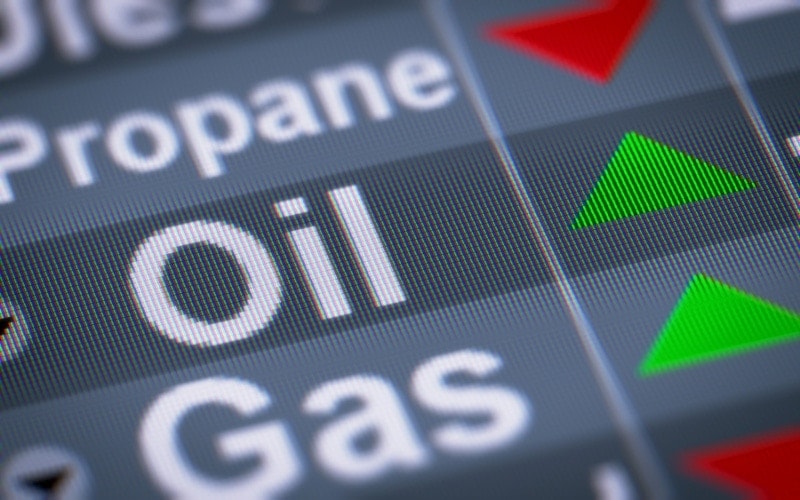Oil or Gas Heat: Which Is Best?

Today’s heating options are plentiful, but in some areas of the country, homeowners may need to choose primarily between natural gas heat and oil heat when it comes to warming up their homes. Our team at Scott Brothers Heating & Air wants you to be well-informed about these two options, so you can make the best decision for you and your family. Let’s take a look at the advantages and disadvantages of each.
Advantages of Oil Heat
For some North Carolina homeowners, oil heat offers several significant advantages. It’s often the best source of heat for rural areas that can’t access natural gas lines. Oil offers the maximum amount of heat, because it delivers the highest British Thermal Units (BTUs) when compared with alternative fuels. Oil furnaces are also about 10 to 25 percent cheaper than natural gas furnaces and can last twice as long.
Oil is also safer to use and store, as it will not explode or produce carbon monoxide. If you encounter an oil furnace malfunction, the warning signs of odors, soot, and smoke are clear.
And heating oil is a dependable fuel because you can decide how much supply to keep on hand as well as when to conserve and use it. Many services offer automatic oil delivery on a particular schedule, which makes accessing the fuel convenient.
Disadvantages of Oil Heat
Although the cost of an oil furnace is less than a gas one, heating oil is more expensive than natural gas as a fuel. In addition, you will incur higher maintenance costs due to the demands of frequent soot and dirt cleaning that come with an oil furnace.
Oil furnaces are somewhat more inconvenient, because without a pipeline system, you have to manage oil tanks and manual refills. During the winter, heating oil will also gel, which means you’ll need to purchase special additives to keep your oil furnace running well. Burning oil also leaves a larger carbon footprint in Fleetwood than natural gas.
Advantages of Natural Gas Heat
From an ongoing fuel standpoint, natural gas is typically more stable in terms of price and less expensive than oil. Oil prices tend to fluctuate as supply and demand changes while natural gas is more consistent in the long term.
Since natural gas burns cleaner, it produces less carbon dioxide than oil. Gas furnaces also require less maintenance than oil furnaces that tend to produce soot more regularly. Natural gas is nontoxic when it comes to being released into the environment. It will not contaminate soil or groundwater.
Disadvantages of Natural Gas Heat
Natural gas furnaces are more expensive to purchase up-front than oil furnaces and have an average lifespan of 15 years compared with a 30-year lifespan of an oil furnace. They produce less BTUs, which means more fuel is required to generate the same amount of heat.
Although natural gas is nontoxic when released in the environment, it can produce a deadly, poisonous level of carbon monoxide gas in enclosed areas. This tasteless, odorless gas can be fatal to homeowners. Natural gas is also combustible in air, which means you’ll want to protect against potential explosions.
Although natural gas releases less carbon dioxide than burning oil, it must be extracted through a method called fracking, which damages the environment.
Efficiency Rating
Whether you select an oil furnace or a gas furnace in the end, you should remember to check its efficiency rating. The industry uses the Annual Fuel Utilization Efficiency (AFUE) to measure efficiency levels of various models.
This yardstick measures the efficiency of your furnace’s combustion: the higher the rating, the higher the efficiency. Most natural gas furnaces have an efficiency rating between 89 and 98 percent, while oil furnaces have lower ratings between 80 and 90 percent.
According to Natural Gas Efficiency, all furnaces in the United States today must have a minimum AFUE rating of 78 percent. In order to gain an ENERGY STAR® rating, AFUE must be 90 percent or higher.
Scott Brothers Heating & Air Is Your Heating Expert
For more information on oil and gas furnaces, as well as details about specific makes and models, contact Scott Brothers Heating & Air in Fleetwood, North Carolina. Our team of professionals has a great deal of knowledge in both and can help you sort through the advantages and disadvantages before making a final decision. Give us a call at 366-877-1702 or request service online today.
